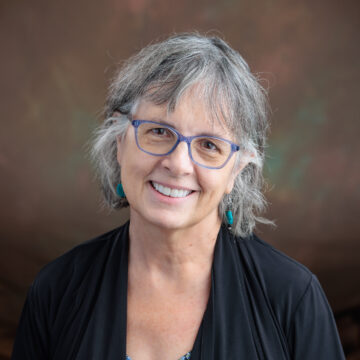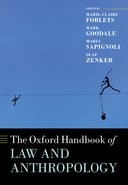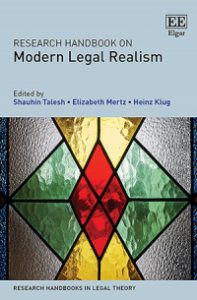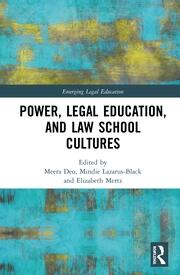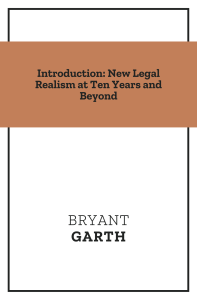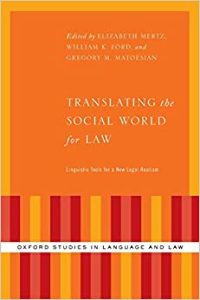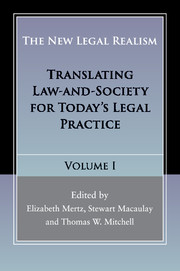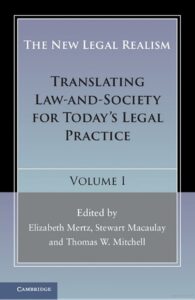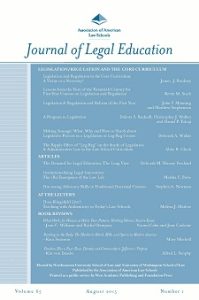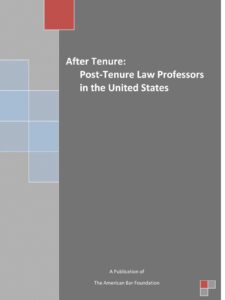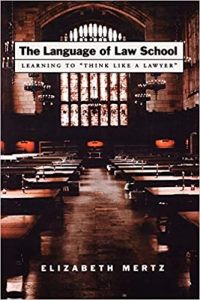Elizabeth Mertz (she/her) is a Research Professor at the ABF and the John and Rylla Bosshard Professor of Law Emerita at University of Wisconsin—Madison. She is a leading legal anthropologist and pioneer in the study of legal language in the United States, with a special focus on law school education. Mertz’s research has also played a major role in developing interdisciplinary approaches to the empirical study of law within the field of New Legal Realism.
Mertz has been widely recognized for her scholarship. In 2021, she won two awards from the Law & Society Association: the Harry J. Kalven, Jr. Prize and the Stan Wheeler Mentorship Award for her research in law and society and her commitment to junior scholars and legal education. She was also elected a Fellow of the American Anthropological Association, as well as Treasurer of the Law & Society Association.
Her book The Language of Law School: Learning to “Think Like a Lawyer” (Oxford University Press, 2007) was an important source for the Carnegie Report on legal education and won the Herbert Jacob Book Prize. She has co-edited multiple volumes, including Translating the Social World for Law (Oxford University Press, 2016), The New Legal Realism: Translating Law-and-Society for Today’s Legal Practice (Cambridge University Press, 2016), and the Research Handbook on Modern Legal Realism (Edward Elgar, 2021). Her articles have been widely circulated in publications such as the Journal of Legal Education, Annual Review of Law and Social Science, Harvard Law Review, U.C. Irvine Law Review, and Law & Social Inquiry.

